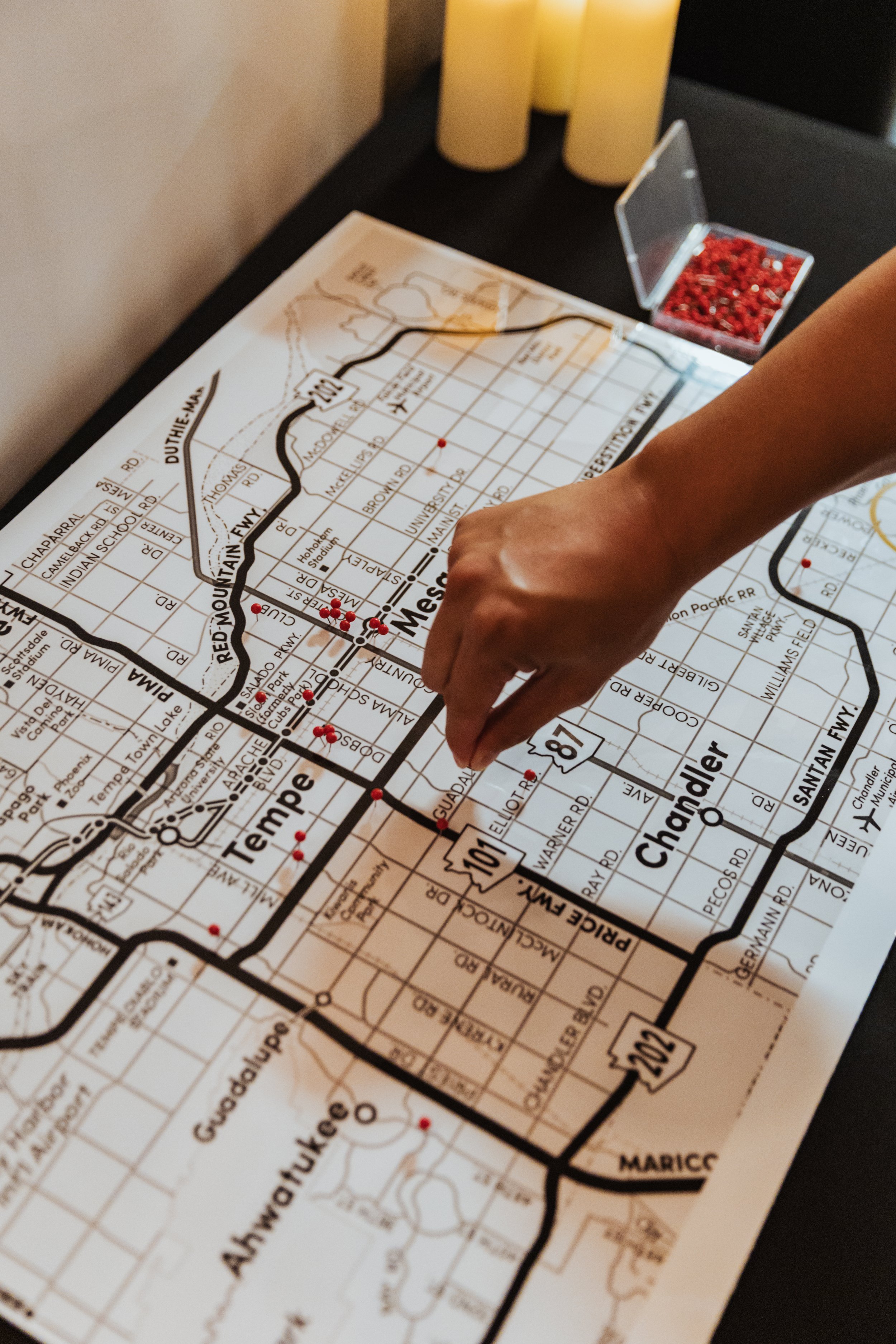Here’s a hard question for the mirror:
Is my spiritual formation organized primarily for my own comfort?
Why do I ask this? Glad you asked.
I ask it because over the last decade I’ve watched as missional Christianity has become marketed. I’ve watched spiritual formation become something that is mass produced as self-help with some verses. I’ve watched the Christian community become an option not integral part of the discipleship experience. And I’ve seen people dip a toe in living for the sake of others, to quickly pull it back out and retreat into the comfort of something aimed at meeting their needs- not God using them to meet the needs of others. When you get to choose your own journey, it’s amazing how often that journey becomes about me and my comfortable, controllable world.
And honestly, it’s because I know my own heart, and It is so easy to drift there without noticing.
We want peace (good).
We want wisdom (good).
We want inner healing (good).
We want to understand the way we are wired. (also good)
But if it ends with us — if the end goal is just a slightly more serene, slightly more organized, even slightly more spiritual version of ourselves, we’re missing the point. We’ve been invited to nothing less than participating in God’s new creation right now- and commissioned to invite others to do the same.
We are being formed by God, together, for the sake of others.
You see, the world doesn’t need followers of Jesus who are slightly better at managing their calendars, dinner parties, or church services.
The world needs people who leak hope.
People Who show up when it’s costly.
People Who love when it doesn’t make sense.
People Who carry the good news of Jesus into conversations, kitchens, and crises.
Formation is not just self-help with a Bible verse sprinkled on top. Togetherness isn’t just a more connected way to live.
Both of these are about the community of Jesus being shaped into the kind of people who can embody God’s heart in real places with real people who really need good news.
This is why we commit to the long, slow, frustrating, beautiful process.
Not so we can admire our own spiritual maturity in the mirror — but so that the city around us sees Jesus more clearly. Not so we can say we have some friends- but so that there’s a communal witness of the goodness of Jesus.
Don’t get me wrong, being formed by God, together is a beautiful thing in and of itself. Seeing the Spirit of the Living God heal is mind blowing. Experiencing life in community is fulfilling (and frustrating) but those things don’t end on themselves. They weave together with a third strand that we believe is needed to be the kind of community God has called us to be.
You are being formed by God, together, for the sake of others.
Let it be for your joy
Let it be for their good.
Let it be for His glory.
Questions To Process With Friends-
How are we tempted to have our formation and community end on us?
Who are the people God has already put in our lives that we can BLESS?
Where do we see these three strands (formation, community, mission) in each act of the biblical story?
What is our next step in being formed by God, Together, for the sake of others?





